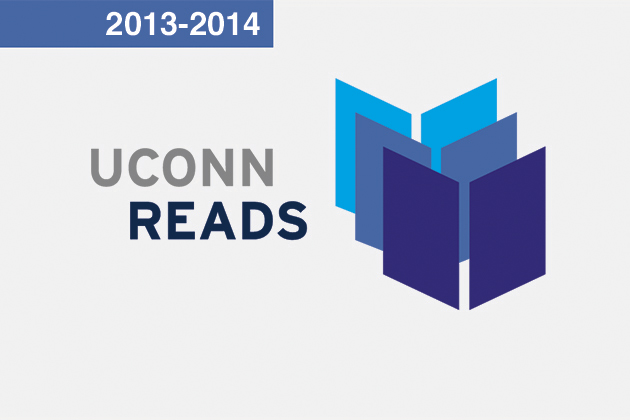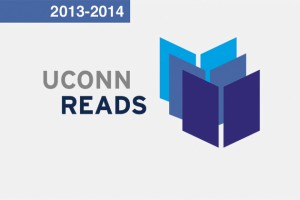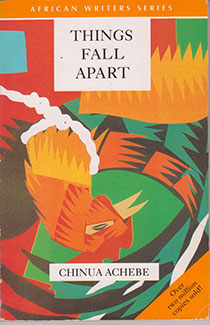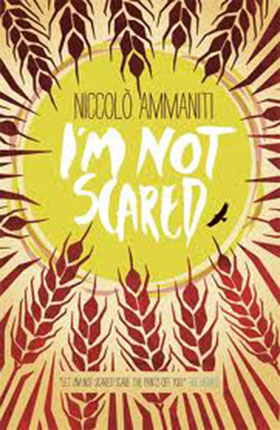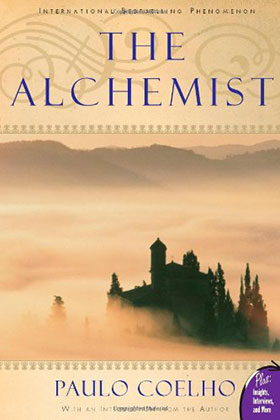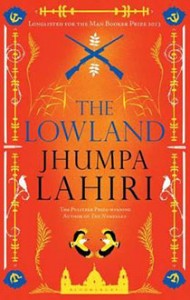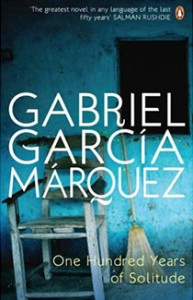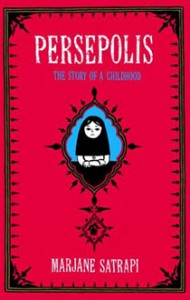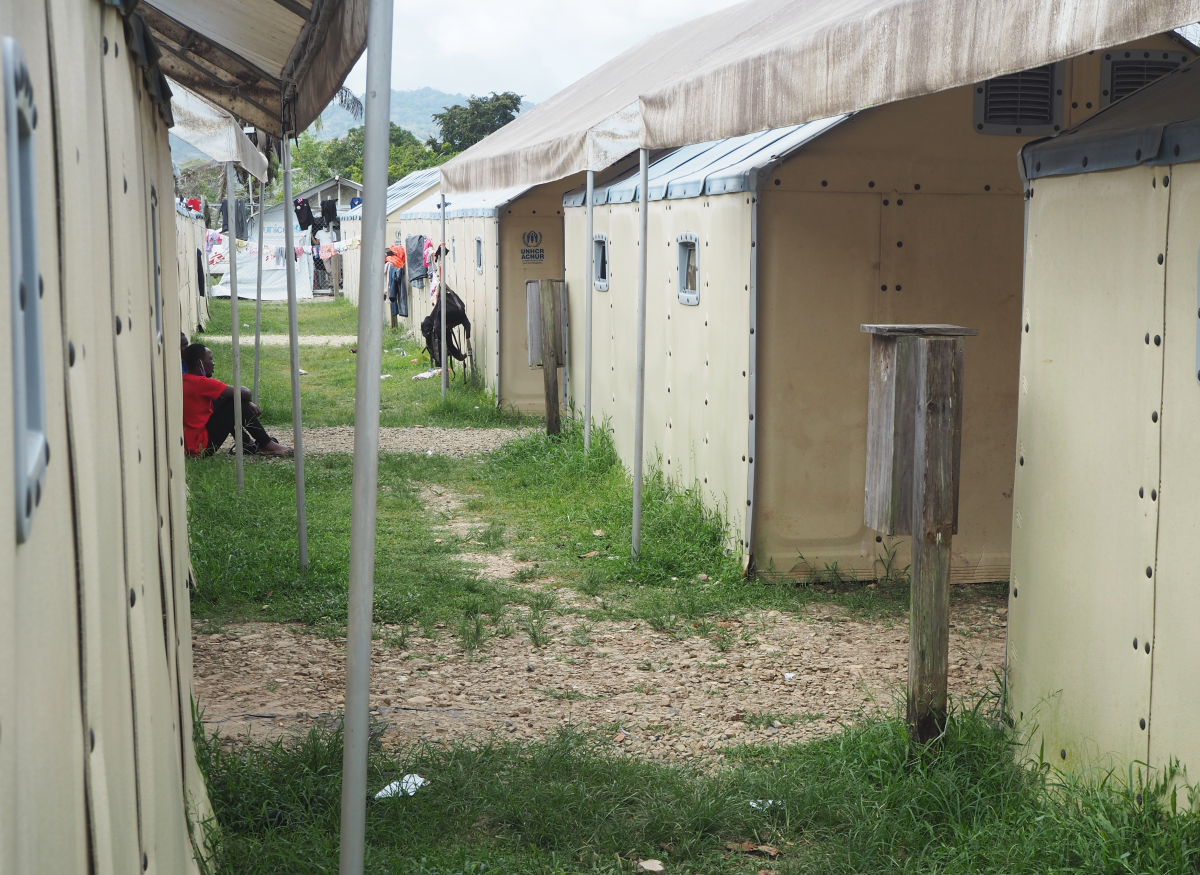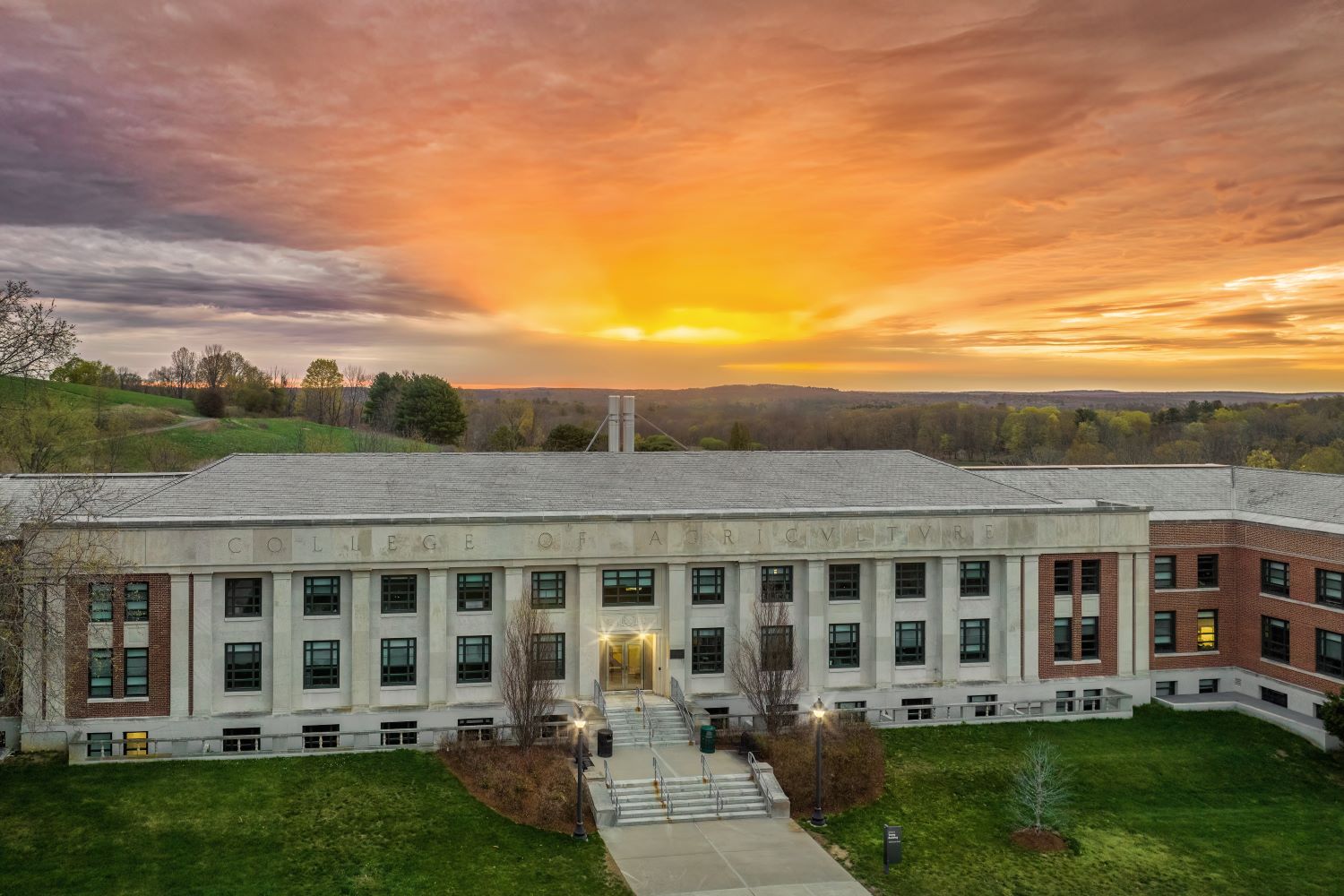I have to admit, I love “best of” lists. Especially if prizes are involved. The Oscars, the Venice Film Festival, Cannes, Vanity Fair’s International Best Dressed – I follow them all.
So you can imagine how eagerly I await the announcement of the Man Booker Prize Longlist. The Man Booker Prize honors contemporary fiction from the British Commonwealth and Ireland, and is one of literature’s most prestigious awards. This year’s list was especially interesting, with an acclaimed debut novel as well as books that have stimulated some controversy.
I enjoy trying to predict which Man Booker Longlist books will make it onto the Shortlist, which I like to read through, as a project.
You can also imagine that I’ve enjoyed putting together the UConn Reads Long List, now that nominations have closed. The list includes the most frequently nominated books as well as those brought forward by the Steering Committee for consideration. I hope it will provoke debate and conversation – and perhaps, like the Man Booker Prize, some intense speculation on our Short List!
Chinua Achebe, Things Fall Apart (1959) – This celebrated novel received the most nominations. With Achebe’s death earlier this year, it might be a good time to reconsider this classic African novel.
Chimamanda Ngozi Adichie, Americanah (2013) – About a young man and woman from Nigeria and their experiences under the Nigerian military dictatorship and in America. Emotionally engaging and intellectually ambitious, this book addresses the complexities race, identity, and experience.
Niccolò Ammaniti, I’m Not Scared (2004) – A beautifully written but challenging book. The story focuses on the social and political upheaval in Italy in the 1970s, and centers around the disturbing kidnapping of a child.
NoViolet Bulawayo, We Need New Names (2013) – A first novel by Bulawayo, who is from Zimbabwe. It traces the experience of a girl who finds her life torn apart in Zimbabwe and subsequently emigrates to the United States. Nominated for the Man Booker prize this year and generating a lot of excitement.
Paulo Coelho, The Alchemist (2006) – Second only to Things Fall Apart in nominations. A shepherd boy goes on a dream-inspired search for treasure in Egypt. A fable about finding one’s “Personal Legend.”
Joseph Conrad, Heart of Darkness (1902) – Blending adventure and penetrating psychological observation, this is Conrad’s classic story of the colonial experience in the Congo. The book raises many difficult issues today around colonialism, cross-cultural understanding, and the nature of “the savage”.
Kiran Desai, The Inheritance of Loss (2006) – The story of a young girl raised by her Anglophile grandfather in northeastern India. Her story is intertwined with that of her grandfather’s cook’s son, who emigrates to the United States. The book addresses issues of nationhood, modernity, and class in a moving, engaging narrative.
Fyodor Dostoyevsky, Crime and Punishment (1866) – A classic examination of the mental and moral anguish of a man who plots to kill a dishonest pawnbroker for her money.
Khaled Hosseini, The Kite Runner (2004) – Hosseini’s stunning debut novel about two young boys growing up in Afghanistan during the Taliban takeover. There’s a brilliant film version as well.
Kazuo Ishiguro, Never Let Me Go (2010) – A beautifully written and compelling story of children at an unusual boarding school in England and their efforts to understand why and how they are considered special.
James Joyce, Dubliners (1914) – A collection of 15 short stories depicting Irish life in and around Dublin, when Irish nationalism was at its peak. Through acute observation and multiple narrative styles, Joyce reveals the different experiences of the protagonists.
Jhumpa Lahiri, The Lowland (2013) – Also nominated for the Man Booker Prize. Set in India and America, The Lowland tells the story of two brothers who find very different futures in the turbulent politics of the 1960s.
Gabriel García Márquez, One Hundred Years of Solitude (1967) – The story of the Buendía family through multiple generations, paralleling the history of Colombia from its foundations. A masterpiece of Magical Realism.
Haruki Murakami, The Wind-Up Bird Chronicle (1998) – A highly acclaimed novel by one of Japan’s leading writers. A man in suburban Tokyo goes in search of his wife’s missing cat – and then his missing wife, touching on key themes of responsibility and accountability in marriage and society.
George Orwell, Down and Out in Paris and London (1933) – Not Nineteen Eighty-Four (which was also nominated), but a compelling memoir of poverty in these two great cities.
Arundhati Roy, The God of Small Things (2008) – The story of twins growing up in Kerala, India during the 1960s, when Communism challenged the caste system. A moving story developing out of familial and social tensions.
Marjane Satrapi, Persepolis (2004) – This acclaimed graphic novel explores Satrapi’s girlhood in Iran during the Islamic revolution. A great opportunity to consider the interplay of word and image in storytelling. The 2007 animated version won the Jury Prize at the Cannes Film Festival.
Elif Shafak, The Bastard of Istanbul (2008) – The story of an extended Turkish family in Istanbul and the U.S., this novel addresses the role of memory in identity, and the struggle for identity across space and time. Shafak faced charges of anti-Turkish sentiment for the way she addressed the Armenian genocide in this book.
